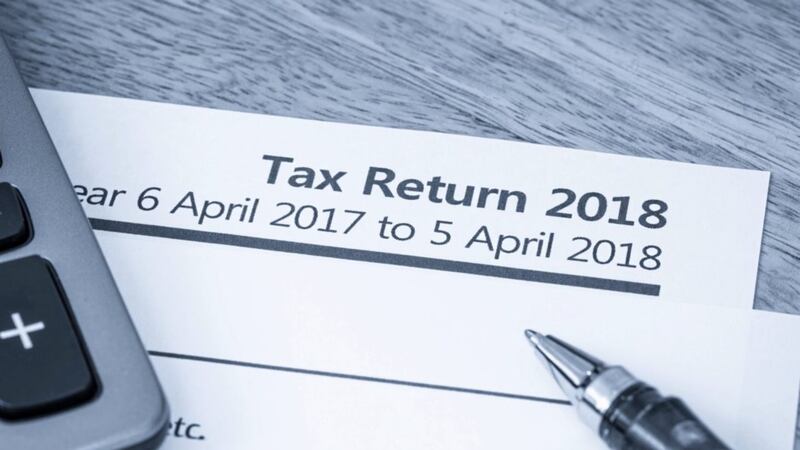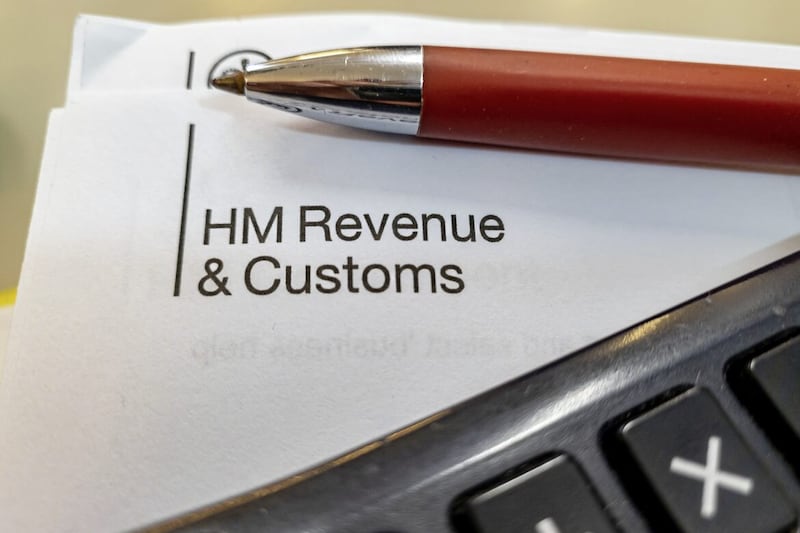QUESTION: I failed to submit my tax return by January 31 as I was ill in hospital. I have only recently returned to better health and I am concerned about missing the filing deadline. What can I do?
ANSWER: The deadline for filing your 2017/18 self-assessment tax returns was January 31. You will be issued with an automatic, initial penalty of £100. After a three month delay, the penalties really start to spiral.
It is important to note that there could be extenuating circumstances where someone may be able to avoid a penalty by claiming a ‘reasonable excuse’ for filing their tax return late. These could include flooding or severe weather problems, but also life events such as serious illness or bereavement, and other causes beyond the taxpayer’s control.
In order to get your tax affairs in order you need to file your tax return as quickly as possible, as penalties escalate the longer the delay. It is important that, even if a reasonable excuse is established, the taxpayer files without unreasonable delay once the excuse has ceased. For example, when you recover from the illness that prevented you from filing your return on time in the first place, you must then file as soon as reasonably practicable. In all cases full details must be sent to HMRC and it may be that a combination of reasons, rather than a single reason, together may constitute a reasonable excuse.
If you’ve filed your 2017/18 tax return after January 31 then you can, unfortunately, expect to receive a late filing penalty. If you have a good reason for the delay in filing your return, you may appeal against the penalty.
HMRC provides a list of common examples of Reasonable Excuses on their website such as:
• your partner or another close relative died shortly before the tax return or payment deadline
• you had an unexpected stay in hospital that prevented you from dealing with your tax affairs
• you had a serious or life-threatening illness
• your computer or software failed just before or while you were preparing your online return
• service issues with HM Revenue and Customs (HMRC) online services
• a fire, flood or theft prevented you from completing your tax return
• postal delays that you couldn’t have predicted.
HMRC have softened their approach for those with genuine excuses because they’re focusing on larger, deliberate tax evaders rather than ordinary people. This remains the case, but the excuse must be genuine and evidence may need to be presented.
Any tax liability for 2017/18 was due by January 31. If it is not paid within 30 days of the deadline, late payment penalties will start to accrue. But provided you fill in the relevant section of your Reasonable Excuse claim, these could be covered also.
Interest is charged for the entire period the tax is outstanding, and this cannot be mitigated.
On a related matter, where tax payers are faced with inaccuracy penalties, which are chargeable if they submit an inaccurate return to HMRC that results in them understating their liability to tax or claiming too much by way of loss relief or repayment of tax. It can typically amount to 15 per cent of the tax understated. For a penalty to be properly chargeable, the mistake must be ‘careless’ or deliberate. ‘Careless’ indicates the taxpayer has failed to take reasonable care; what constitutes ‘reasonable’ depends on the individual’s particular circumstances and abilities.
If a mistake is not careless, but a genuine error made while exercising reasonable care, HMRC are not entitled to charge a penalty at all. This is the case even if the person’s tax liability is understated as a result of the error.
You should focus your attentions on completing your tax return before the end of February and paying and outstanding taxes owed for the 2017/18 year by this time to ensure late payment penalties apply to the unpaid taxes.
:: Feargal McCormack (f.mccormack@pkffpm.com) is the managing director of PKF-FPM Accountants (www.pkffpm.com). The advice in this column is specific to the facts surrounding the question posed. Neither the Irish News nor the contributors accept any liability for any direct or indirect loss arising from any reliance placed on replies.








